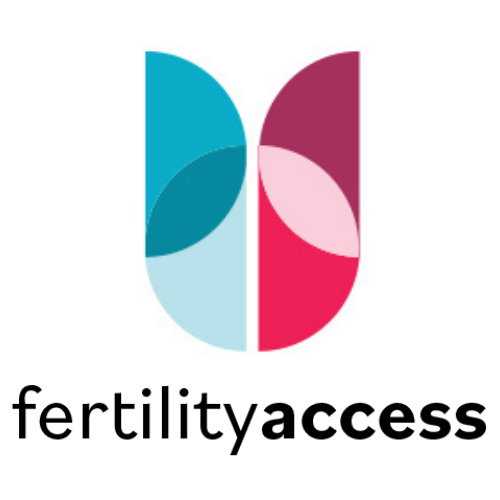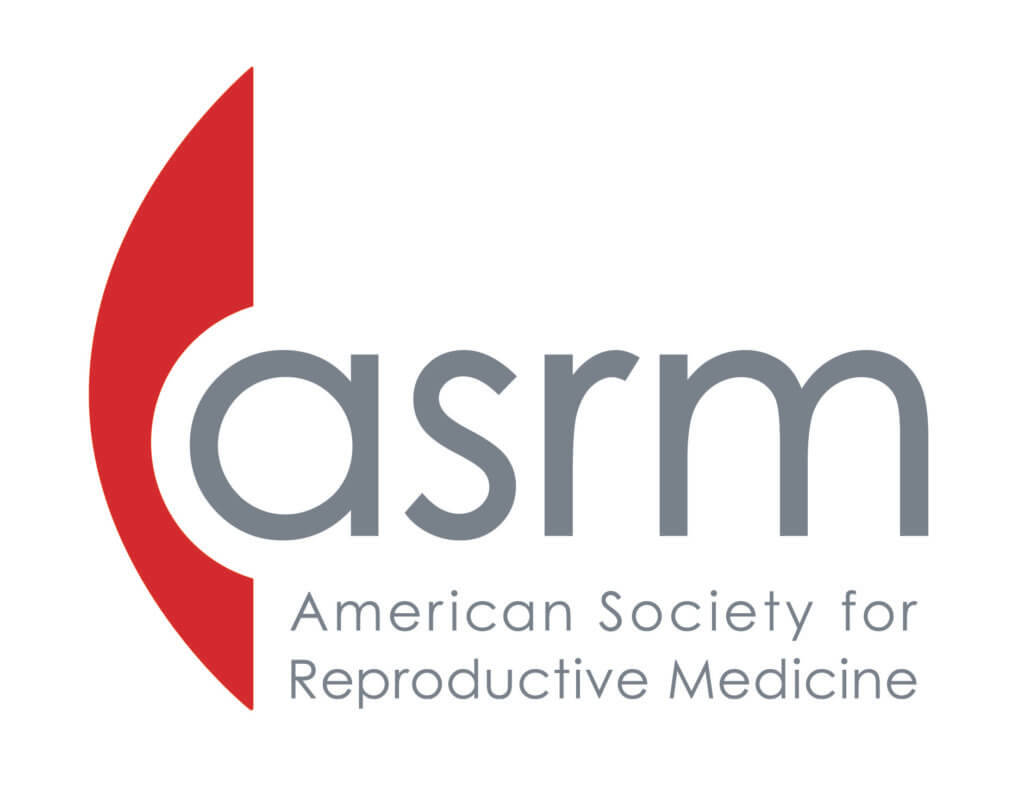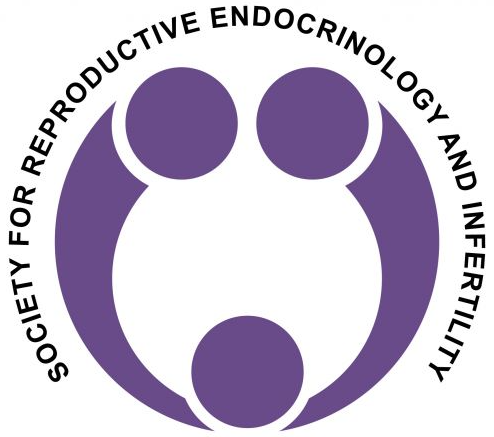March is National Endometriosis Awareness Month. Endometriosis is a disorder in which tissue that normally lines the uterus grows outside of the uterus. Misplaced tissue can also be found on the ovaries, fallopian tubes or intestines. This disorder affects approximately five million U.S. women (6 to 7 percent of the U.S. population), of those, 30 to 40 percent are infertile. Unfortunately, this disorder is often hidden and unrecognized, even by those it affects.
This month, the Center for Reproductive Medicine aims to help promote a greater awareness and understanding of endometriosis as a real and often debilitating condition. This disorder can lead to painful periods, excessive bleeding, pain while urinating and painful intercourse. You may also suffer acute lower abdominal and pelvic pain whether you have a mild, moderate, or severe case of endometriosis.
Endometriosis and in-vitro fertilization (IVF)
There are a number of ways endometriosis can affect your fertility:
- Adhesions or scarring in the pelvis, ovaries, or fallopian tubes
- Damage or blockage to the inside of the fallopian tube
- Ovaries adhering to the lining of the pelvis or to each other, restricting their movement
- Impaired implantation of the embryo
- Altered hormonal and cell function
If you have been diagnosed with endometriosis and are beginning to consider fertility treatments, we want you to know that you are not alone. The specialists at the Center for Reproductive Medicine will be with you every step of the way. An individualized treatment plan is created for each woman suffering endometriosis and infertility.
IVF can help those who suffer from endometriosis achieve pregnancy
IVF is a common procedure to help infertile couples, and women who suffer from this disorder, conceive and achieve a healthy pregnancy. Women with more severe cases of endometriosis have shown lower fertilization rates as compared to women with mild to moderate cases. However, using IVF can help bypass some of the issues endometriosis presents and increase a woman’s overall chance of conceiving.
The experienced reproductive endocrinologists at the Center for Reproductive Medicine can help you overcome this painful, frustrating disorder and help you build the family you’ve always wanted. Contact us today and take the first step toward your future 612-863-5390.





